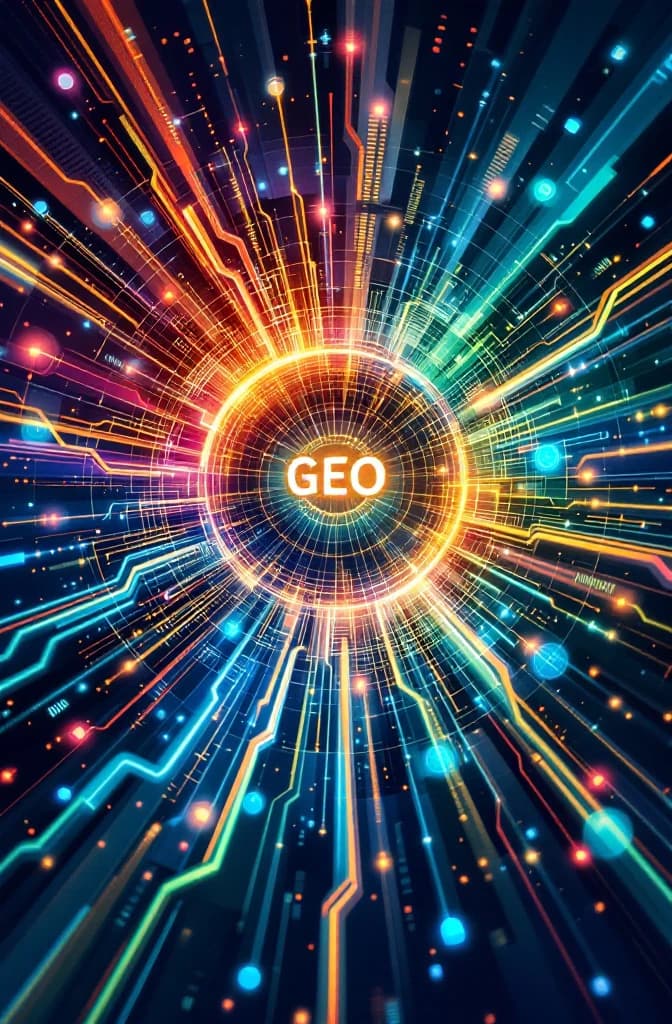
GEO
Generative Engine Optimization
Generative Engine Optimization
A coordinated set of training‑time and inference‑time techniques that optimize generative model behavior for quality, controllability, cost, latency, and safety across deployment contexts.
Generative Engine Optimization (GEO) denotes the integrated practice of shaping and tuning a generative model’s "engine"—its architecture, training objectives, decoding strategies, and auxiliary modules—so outputs meet multi‑dimensional performance, alignment and deployment constraints. At an expert level GEO unifies concepts from optimization theory (bilevel and constrained optimization, Lagrangian methods), differentiable and non‑differentiable objective handling (policy gradient, REINFORCE, Gumbel‑Softmax, implicit differentiation), and inference‑time control (constrained beam search, minimum Bayes risk decoding, calibration, temperature/nucleus scheduling, reranking and scoring networks). It spans training interventions (instruction tuning, RLHF, adapter and prompt tuning, quantization‑aware training, distillation), architecture and routing choices (sparsity, mixture‑of‑experts, latent steering), and runtime systems (caching, retrieval‑augmented generation, latency‑aware model selection). GEO treats generation as a multi‑objective optimization problem—balancing fidelity, diversity, safety, compute and user preference—and emphasizes measurable utility functions, metric‑aware loss shaping, and validation protocols that align automatic metrics (perplexity, BLEU, ROUGE, calibration error, diversity indices) with human feedback and downstream task utility.
First usages of the phrase GEO are recent and emergent: the term began appearing in industry and research notes in the early 2020s (circa 2022–2024) as practitioners combined deployment‑focused tuning techniques for large language and multimodal models; it gained broader visibility in 2024–2025 alongside rapid scaling and productionization of LLMs when teams prioritized inference‑time controls, cost‑performance tradeoffs, and alignment workflows.
Key contributors are collective and cross‑disciplinary: foundational advances in generative modeling and optimization from Vaswani et al. (the Transformer), Goodfellow (GANs), Kingma & Welling (VAEs) and early deep‑learning pioneers set the modeling base; OpenAI, Google DeepMind, Anthropic and Meta AI have driven practical GEO techniques through work on instruction tuning, RLHF and decoding strategies; researchers in model compression and efficiency (e.g., Song Han’s work on pruning/quantization), experts in decoding and structured prediction (e.g., Alexander Rush and colleagues), and groups developing retrieval and reranking systems have all significantly shaped the methods aggregated under GEO.
